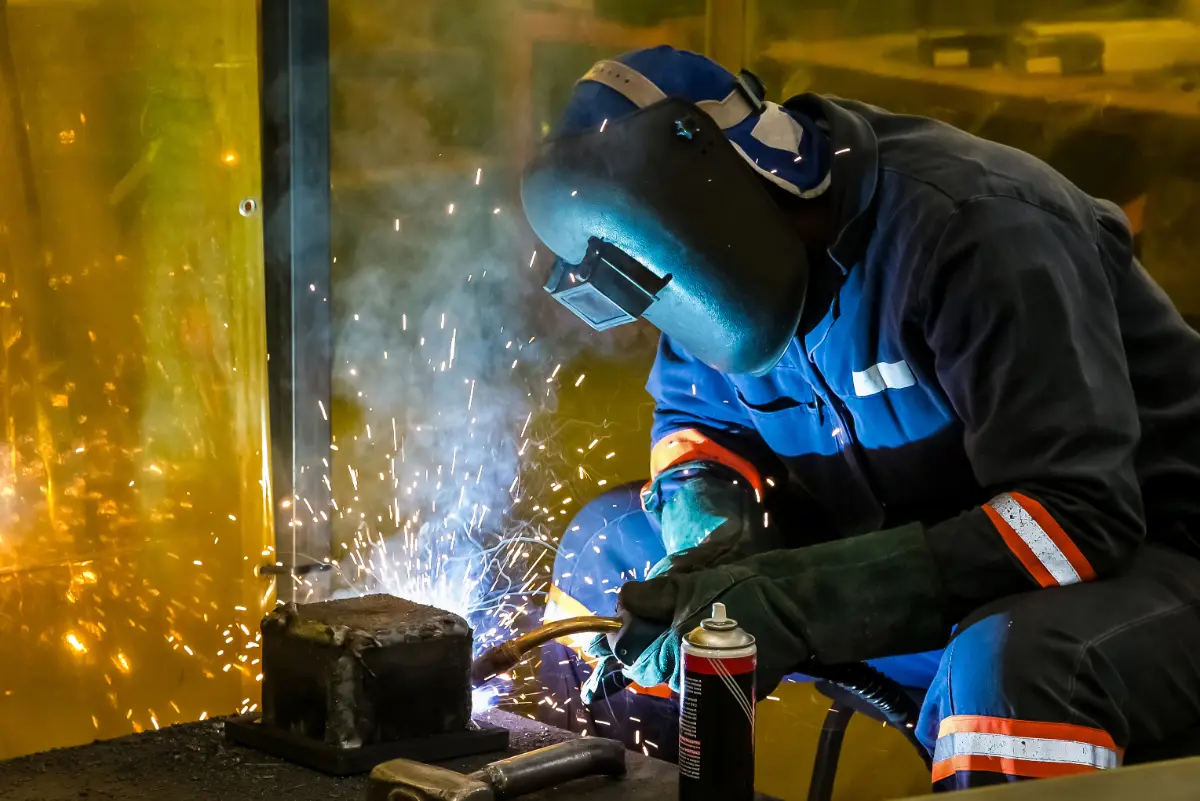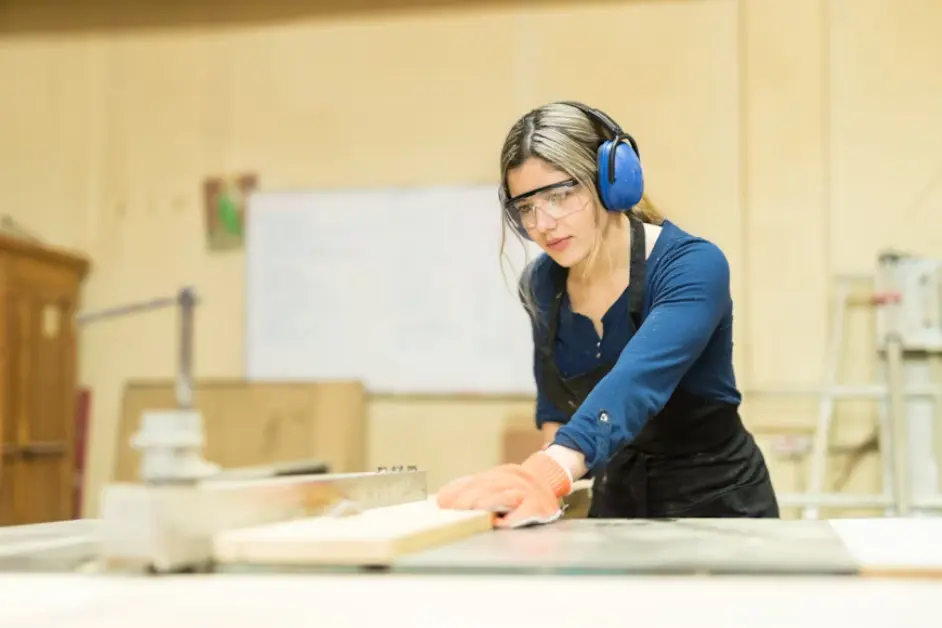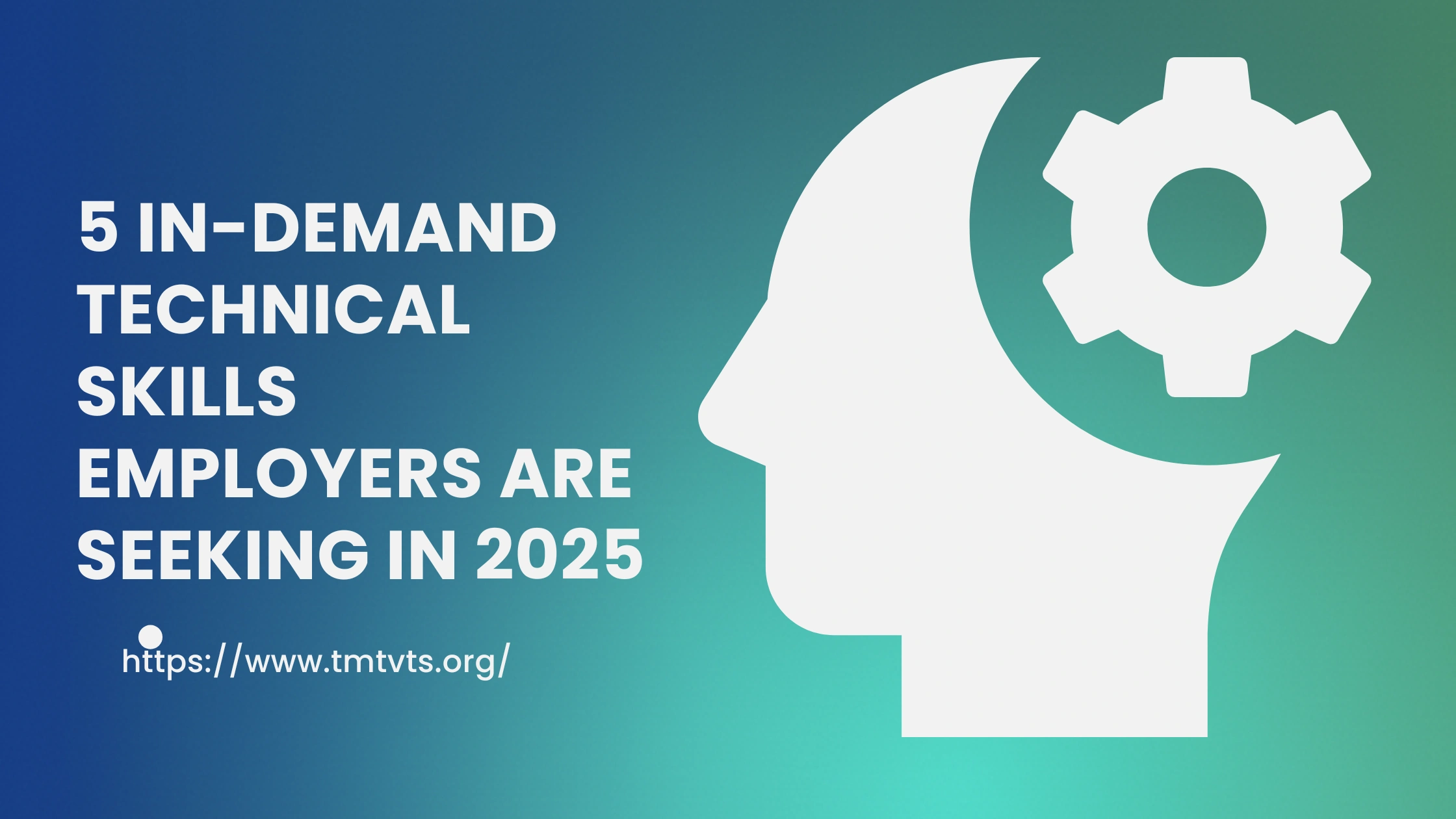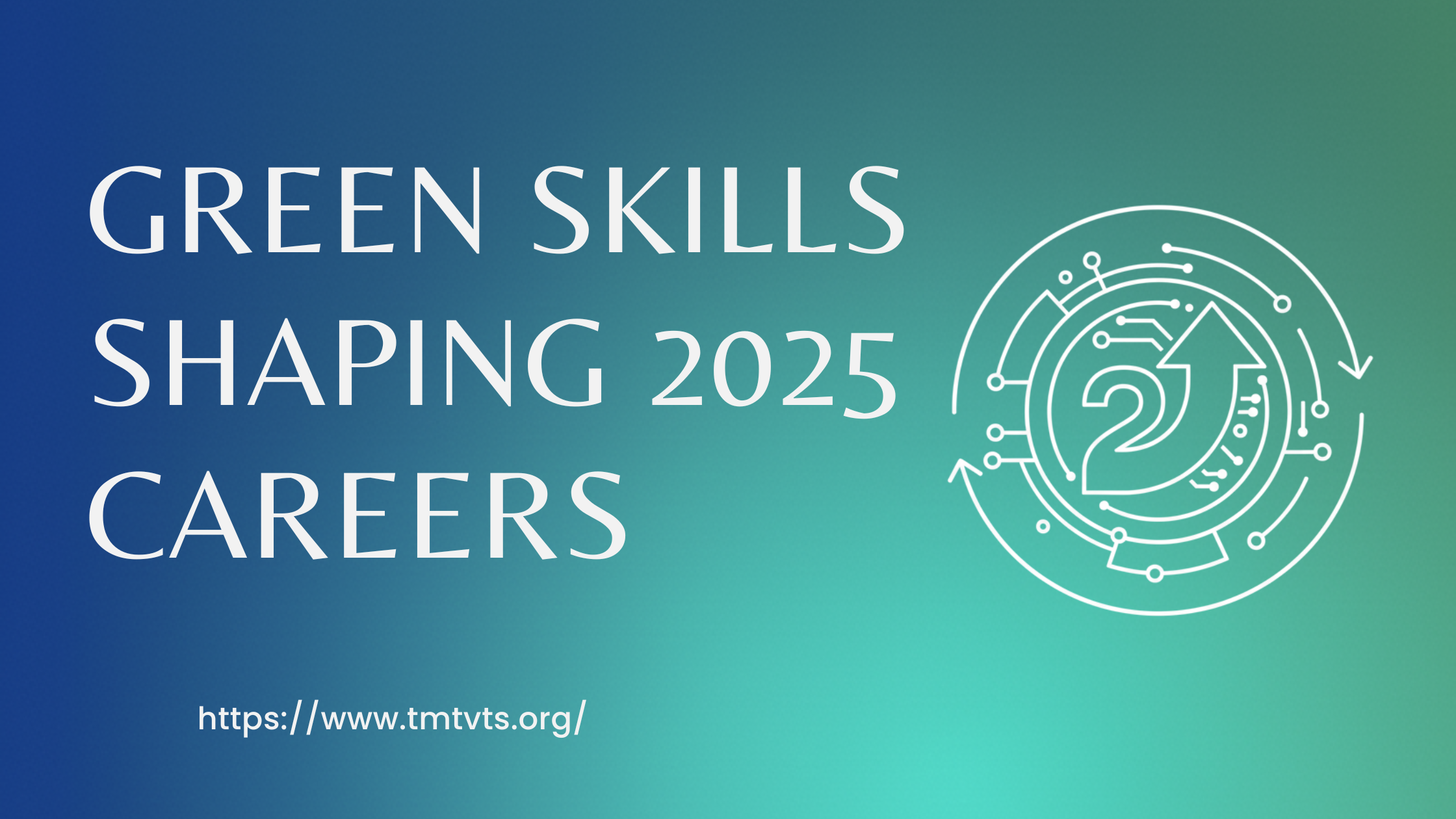Have you ever seen bright sparks flying while someone joins two pieces of metal? That’s welding! It may look like magic, but it’s actually a skill that’s important in building things we use every day — like cars, buildings, ships, and even airplanes.
Welding is more than just melting metal. It’s a respected trade that requires focus, skill, and patience. In this blog post, we’ll help you understand what a welding career looks like, what welders do, how to become one, and how to know if it’s the right job for you.
What Is Welding?
Welding is the process of joining two or more pieces of metal together by using heat, pressure, or both. It’s used in many industries, including construction, manufacturing, shipbuilding, automotive, and oil & gas.
There are different types of welding processes. Some of the most common are:
MIG Welding (Metal Inert Gas): Easy to learn and good for beginners.
TIG Welding (Tungsten Inert Gas): Requires skill and gives very clean results.
Stick Welding (Shielded Metal Arc Welding): Great for outdoor jobs and strong welds.
Flux-Core Welding: Similar to MIG but good for thick materials and heavy jobs.
What Does a Welder Do?
A welder’s job depends on where they work. But in general, they:
Read blueprints or drawings to understand what needs to be built.
Use tools to measure and cut metal pieces.
Set up machines to do the welding.
Wear safety gear (like gloves, a helmet, and fire-resistant clothes).
Weld metal parts together using heat and tools.
Check their work to make sure it’s strong and neat.
Welders might work in:
Construction sites (like bridges or buildings)
Factories (assembling parts of machines or cars)
Workshops (custom metal jobs)
Underwater (specialized welding jobs)
Oil rigs or pipelines (especially in remote or offshore locations)
What Skills Do You Need to Be a Welder?
You don’t have to be super smart or have a college degree to become a great welder. But you do need some key skills and qualities:
Hand-Eye Coordination: Welding needs steady hands and sharp eyes.
Attention to Detail: Small mistakes can lead to big problems later.
Physical Strength and Stamina: Welders often stand, bend, and lift for long hours.
Patience and Focus: Good welds take time and care.
Teamwork: Welders often work with engineers, fabricators, and other crew members.
Love for Tools and Machines: If you enjoy using tools, welding may be fun for you!
How to Become a Welder
There are several ways to start your welding journey:
1. High School
If you’re still in school, take classes in math, science, and shop (wood or metalworking). Some schools offer basic welding classes too.
2. Trade or Technical School
These schools teach you welding in a few months to 2 years. You’ll learn the theory and get hands-on practice.
3. Apprenticeship
You can also learn by working under a skilled welder. This is called an apprenticeship, and you’ll earn while you learn.
4. Certification
Many employers ask for certification. This is a test to prove you know how to weld safely and correctly. One popular group that offers welding tests is the American Welding Society (AWS).
How Much Do Welders Earn?
Money matters, right?
Welders usually earn a good income, especially with experience and skill. Here are some examples:
Entry-Level Welder: $15 to $20 per hour
Experienced Welder: $25 to $35 per hour
Specialized Welder (like underwater or pipeline): $50+ per hour or even more!
Welders who are willing to travel or work in remote locations (like oil rigs or overseas) often earn extra bonuses, free housing, and travel pay.
Pros and Cons of a Welding Career
Like every job, welding has its good sides and challenges.
Pros:
High Demand: Welders are needed everywhere — from cities to far-off oil fields.
No College Needed: You can start earning without taking student loans.
Job Variety: Work indoors, outdoors, underwater, or even overseas.
Room to Grow: With experience, you can become a supervisor, instructor, or inspector.
Good Pay: Especially in specialized or high-risk jobs.
Cons:
Physically Demanding: Long hours on your feet, in hot places.
Safety Risks: You must always wear proper gear to avoid burns or injuries.
Not for Everyone: It takes patience, skill, and love for hands-on work.
Is Welding the Right Career for You?
Let’s help you decide! Ask yourself these questions:
Do I enjoy working with my hands?
Am I okay with working in hot, noisy, or tough environments?
Do I want to learn a skill that’s in demand?
Do I like solving problems and building things?
Am I okay with following safety rules carefully?
If you said yes to most of these, welding might be a great career for you!
But if you prefer sitting at a desk, working with computers, or dislike physical work, then you might want to explore other fields.
Real Stories: Welders Who Made It Big
Here are two short stories to inspire you:
Maria the Welder
Maria started welding in high school. After finishing her training, she joined a shipbuilding company and quickly rose through the ranks. Now, she trains new welders and loves teaching others.
Jake the Travel Welder
Jake didn’t like college. So he joined a trade school, got certified, and began working on pipelines. He travels across the country, earns great money, and even gets paid vacations.
Final Thoughts
Welding is more than sparks and metal. It’s a career that builds the world — one weld at a time.
If you like creating things with your hands, enjoy working hard, and want a job that pays well without years of college, welding might just be the perfect fit for you.
And remember — welders don’t just make things; they make a difference.
Contact us at TMTVTS Tech Mech technical training school in Pakistan to get enroll in Welding.





